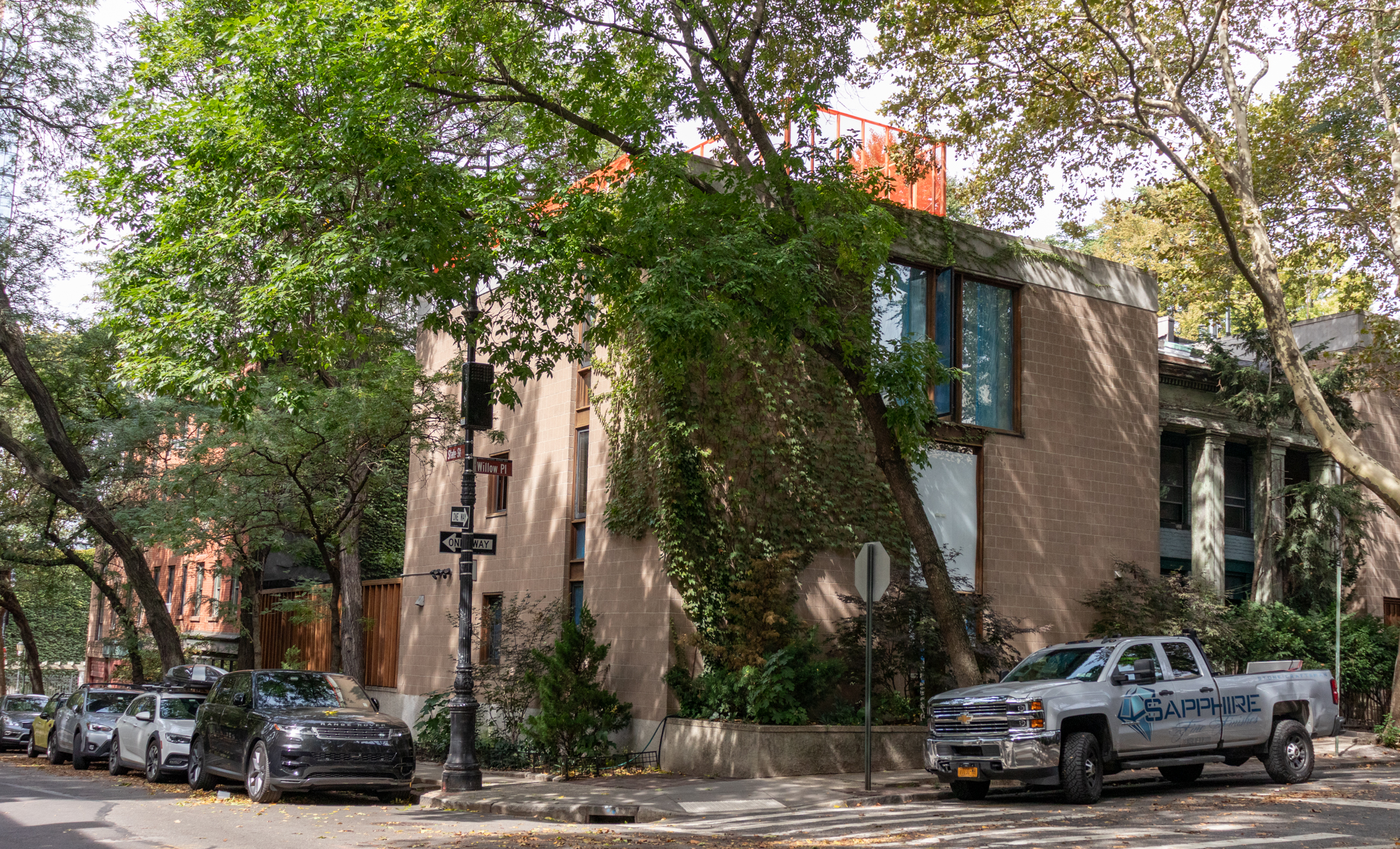Housing Stock Up, Vacancy Rate Down
“The city’s housing stock increased by a record 67,792 units between 2005 and 2008, but the vacancy rate dropped from 3.09 to 2.88 percent, according to a study released yesterday. The preliminary findings of the New York City Housing and Vacancy Survey, conducted every three years, show there were 3,329,000 residential units in the city,…
“The city’s housing stock increased by a record 67,792 units between 2005 and 2008, but the vacancy rate dropped from 3.09 to 2.88 percent, according to a study released yesterday. The preliminary findings of the New York City Housing and Vacancy Survey, conducted every three years, show there were 3,329,000 residential units in the city, the most since the survey began in 1965. As it has every year, the vacancy rate remained below 5 percent – the level necessary to maintain the rent-stabilization system…The percentage of households paying more than 50 percent of their income for rent and utilities went up from 28.8 to 29.4 percent.” — NY Post





“But isn’t that how those people selling religion door to door always say things are?”
Good point.
I seem to recall certain assclowns here, and they know who they are, predicting massive amounts of homelessness and foreclosures and general nastiness with the economic downturn.
And yet, we have reports of stable vacancy rates and forclosure rates that are relatively modest by most standards.
As usual, the truth lies somewhere in between, we have a bad economy but 93% are employed. We have lowered housing sales but still have sales of brownstones for 2 or 3 million and even houses in Gravesend for 2 million. We have large amounts of layoffs but certain industries still looking abroad for workers.
Reasonable thinkers will consider the facts all around before making proclamations that sound like “the end is near”. It just makes seem all the more ass-like when objective reports come out.
Keep this in mind when our new President and the left wing cronies in the Senate and House are busy telling you that everything has gone to shit in a handbasket and to “vote for me and I’ll set you free”.
Sure I’ve heard the argument that we haven’t seen anything yet, that the tip of the iceburg is all we are experiencing as yet. But isn’t that how those people selling religion door to door always say things are? Every one of those magazines they give you has a picture of some volcano exploding or some bombs dropping or some giant mudslide in support of their claim that our time is up. Go sell crazy someplace else.
Healthy skepticism never hurt anyone and has often saved many from becoming a member of the assclown posse.
No, rent stabilized apartments do not have a “floor” (as in minimum). Landlords can, and often do, charge below the legal stabilized rent for an apartment. This is called a “preferred rent;” the lease will still be in the amount of the actual legal rent, but there is a rider that states the preferred amount.
So if rents drop below legal stabilized numbers the landlords can react by renting the apartments for preferred rents.
And as of approximately five years ago, landlords now have the right to return to the legal rent amount at any lease renewal, so if things go back up so can the rents.
Northslope–good explanation. Thanks for that.
Northslope and BHO–this process would take a good bit of time to come to fruition and would be considered an extreme outcome I would imagine.
There are, or at least were prior to the last few years, plenty of apartments that rent below the legal rent-stabilized price in ‘non-prime’ areas, because that’s what the market will bear in those neighborhoods. There is no floor on rent in rent-regulated units. But when/if market rents rise, there is an upper limit.
Under current law, if the vacancy rate exceeds 5%, rent stabilization ends. I’m sure that if that becomes a possibility, the law will be amended to make it, say, 25%. People who occupy or aspire to rent-regulated housing are a powerful political force, that many politicians are eager to serve.
new construction tagged as “luxury” don’t factor into that 5 percent. i thought luxury buildings were excluded. im not sure where i read that. i could be totally wrong tho. has anyone else heard that? only rent stabalized and market rate non luxury rentals are considered.
*r*
“that doesn’t answer what forces would cause average rents to go below rent-stabilized levels”
Yes it does. Free market forces (some of which northsloperenter detailed). Rent stabilization might trip off if vacancies go to 5% but whatever those last levels were, the market could go lower. Not likely but theoretically possible, to answer that particular question you asked.
***Bid half off peak comps***
“Can anyone explain to me the magic 5% thing? Why is that the cutoff for maintaining the rent control system. And what would cause rents to decline to below rent-stabilized levels?”
As I understand it, there is a provision in the rent control legislation that would end rent control if vacancies exceeded 5%, which I suppose was considered the level at which reasonable housing prices would be maintained.
Rent prices would be dropping significantly if vacancy rates hit 5% because that would mean a very large number (i.e., 165,000) apartments were vacant and that every month that they were vacant the landlords in question would be getting $0.00 in rent for the vacant apartments.
This would cause the more mathematically able landlords to realize that renting their apartment for $1500 is better than having it vacant for $0 even if the last tenant paid $2500. Mathematically unable landlords would go bankrupt and be replaced by more competent people.
Also, large numbers of previously rent stabilized apartments would come on the market (increasing vacancies more) as the tenants who couldn’t afford even the newly reduced market rates get priced out or decide to give up their NYC place and live full time in their upstate home “vacation” home.
“The free market. It’s just as wild in DRIVE as it is in REVERSE, government intervention aside. Rent stabilized apartments have a floor as well as a ceiling.”
Well sure the free market can fluctuate up and down but that doesn’t answer what forces would cause average rents to go below rent-stabilized levels. That would be a staggering decline, well beyond what I have seen predicted.